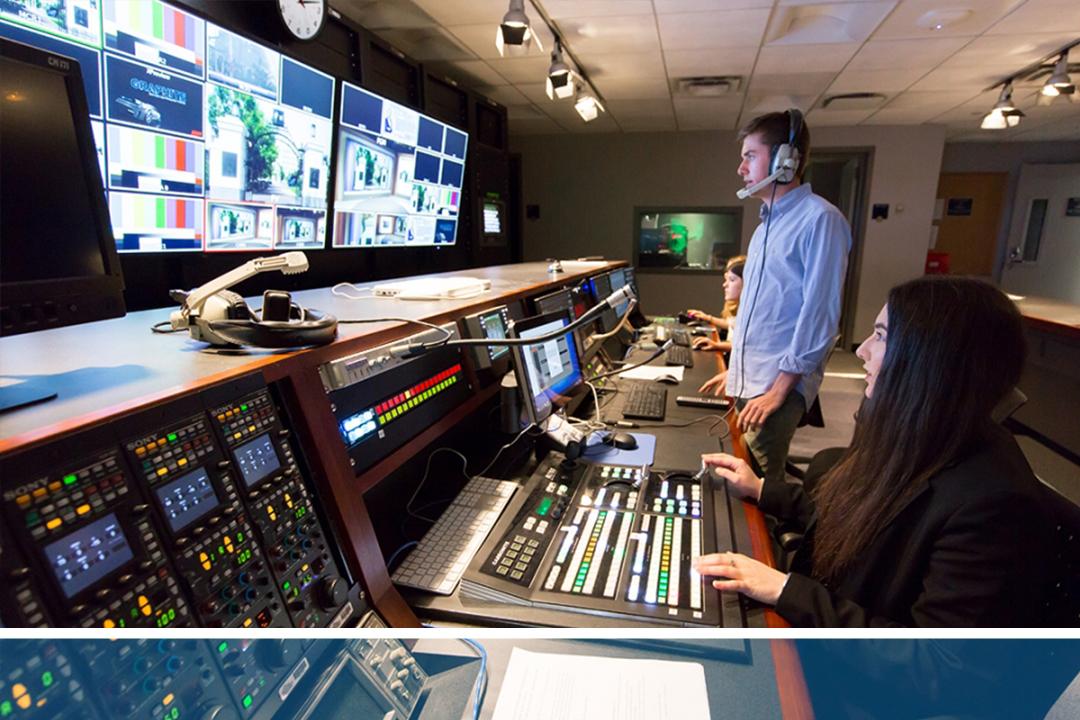Centers & Institutes
From championing religious freedom to dissecting regulatory policy to investing in the next generation of leaders, Columbian College research centers and institutes enable scholars to explore and advance ideas and issues across an array of disciplines.
Humanities

Whether their focus is to secure historical legacies or to prepare the next generation of global leaders, the centers and institutes at Columbian College are home to a humanities tradition that emphasizes understanding and interpreting the human world.
Sciences
From developing life-saving treatments to unlocking the mysteries of subatomic structures to delving deep into the human brain, Columbian College science institutes are addressing some of the most pressing issues of our time. Advancing the work of world-class researchers—biologists, chemists, physicists, mathematicians—our scholarly centers are at the forefront of scientific discovery.

Social Sciences

At Columbian College, social scientists study the origins of humans, how we have evolved, the way we interact and how we move forward. Scholars at our institutes and research centers—encompassing disciplines as far-reaching as anthropology, economics, political science, psychology and sociology—are shedding light on human evolution over millennia and understanding how to improve people’s lives into the 21st century and beyond.
Making an Impact Across Disciplines
Hair-Raiser: Primate Fur Teases Human Evolution
Researchers in the Center for the Advanced Study of Human Paleobiology (CASHP) combed through fur patterns in wild lemurs to cut into evolutionary mysteries of human hair growth.
Research Institute Fights Digital Disinformation
The Institute for Data, Democracy, and Politics (IDDP), supported by a $5 million investment from the John S. and James L. Knight Foundation, is a research hub for tracking the spread of misinformation.
Forecasting Our Economic Future
Professor Tara Sinclair from the Center for Economic Research sat down with Dean Paul Wahlbeck to discuss her economic forecast for the future based on the data she has collected post-pandemic.





